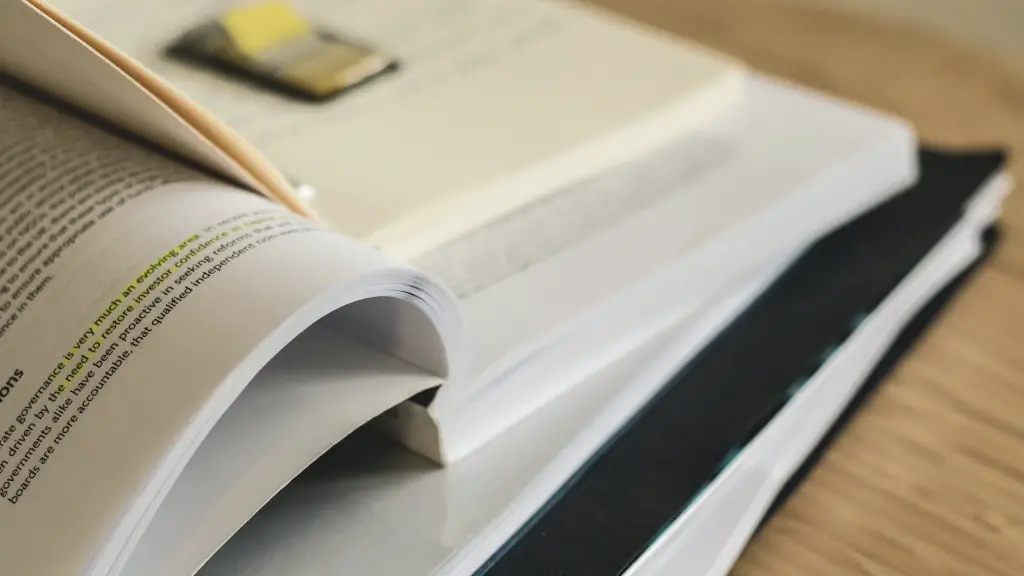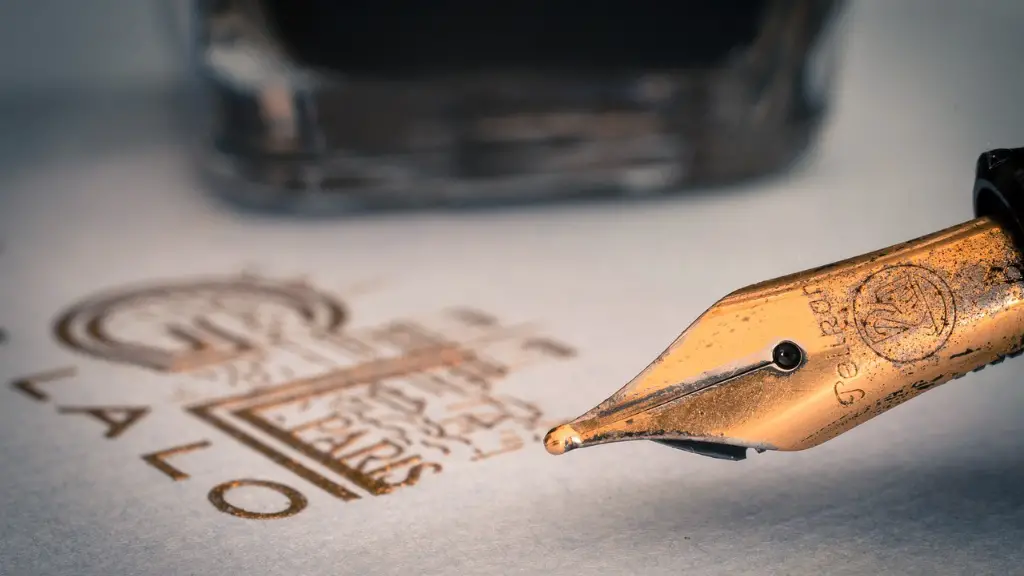Research
Poetry writing is an incredibly personal endeavour. It requires a great deal of research to understand the form, the differences between types of poem, as well as understanding metre and rhythm. Poets need to read as much poetry from different eras and genres as possible. This is the first step in being able to create something of value. Understanding different types of poem takes practice. Poets should also try to read various kinds of non-fiction books and essays to understand how different authors tackle the craft of writing.
Writing & Exploring
Once poets are sufficiently knowledgeable about certain topics and feel comfortable writing, the second step is to put pen to paper or fingers to the keyboard. It’s important to avoid over thinking and rather focus on free writing. The purpose of free writing is to explore ideas, emotions, and create something that’s uniquely one’s own. Poetry offers a freedom to express in a way that traditional prose does not. Sometimes, the feeling or tone of a poem has more impact than the words themselves. Exploring different writing styles, tones, and genres can inspire one to find poems that truly express their identity.
Finding Inspiration
Making a poem requires inspiration. Poets should never wait for the elusive spark of inspiration to come. They should actively seek it. There are activities that can help stimulate creative thought about one’s life experiences, things one loves and even one’s faith. These can be as simple as taking a walk or sparking up a conversation with friends. Poets should try to find and draw shimmers of inspiration from all around them. Every experience can be interpreted in a unique way.
Forms & Structures
Once a poet feels inspired to write, it’s important to be on the look out for the proper structures and forms for their poem. Popular poetic forms and structures include sonnets, haikus, limericks, villanelles, and odes. Depending on the topic and emotions writers want to evoke in their work, one of these structures could be highly effective in getting the message across. It’s important to note that while it might be tempting to stick with traditional rhyming schemes, more modern day poetry offers variation in the use of rhyme, stresses, rhythm and even patterns. To be an effective poet, one needs to have versatility in their craft.
Polishing
After writers have gotten comfortable with the structure and form of their poem, the next step is to refine it. It can often be helpful to go through the entire work or a certain section of it over and over again. Every edit can make a difference in the feel and effectiveness of the poem. It is important to remember that no poem is perfect and it’s important to find the balance between keeping it engaging and staying true to one’s artistic vision.
The Final Piece
The final step in making a poem is to make sure it contains all the elements that poets had in mind. It might help to read the poem aloud or have someone else do it. Subtly changing the word order, rephrasing diction or dropping a syllable can make a huge difference. It is essential that poet take the time to make sure the piece is being conveyed as effectively as possible. The final step is to share it with others for feedback and also for a poet to be introspective and review their own work critically.
Marketing
Poetry can become known in the public space through various ways. This includes submitting it to magazines, websites and magazines and attending open mic nights and events. It’s also important to connect with other poets, join writing communities, and attend readings and lectures. Doing those activities can lead to collaboration opportunities, access to more resources, and potentially even book deals. Additionally, poets can take advantage of social media such as Twitter, Instagram, and Tumblr to share their works and make connections.
Creating an Ecosystem
Building a community around one’s work is one of the most important steps in being a successful poet. This can be done by connecting with other family members and friends who write, joining journals and publications, and visiting local libraries and bookstores. Additionally, authors can organize readings or workshops. This is a great way to get feedback and to spread the word about one’s work. Furthermore, it’s important for poets to remain humble and share their successes with their peers. It’s important to understand that it’s not a competition and that there’s room for everyone to contribute and share their work.
Experimental & Innovative Writing Techniques
Traditional writing techniques are not the only way to make a poem. Writers can also take advantage of multimedia, sound, and movement. For example, spoken word poetry can take the form of audio recordings, performance art, and even music-backed poetry. Poets can also use traditional art forms such as painting, drawing, and writing to express their craft. Taking inspiration from the environment by creating art while walking, jogging, or meditating can provide valuable insight into the work being created.
Writing with Intention
When writing with intention, poets should look carefully at their themes and messages. Sometimes it’s helpful to think of poems as stories that reflect upon one’s own life, community, and even the world. The works should aim to be meaningful, serve as social commentaries, and celebrate all the moments of joy, sorrow, rage, pleasure, and beauty that make up the human experience. Having a clear message is essential. Poets should ask themselves: what kind of message is coming from the poem? Is it a call to action, a warning, a memory or a dream?
Exploring Genres & Styles
Poets can explore different genres and styles to find the most suitable for their works. This includes considering traditional forms, such as blues and rap, or experimenting with unconventional forms such as postmodern and fusion. Poets should also consider expressing in multiple languages, blending genres, and finding ways to make their work meaningful. Poets need to be conscious that they’re writing a poem and not an essay or short story. It’s all about finding the right balance between getting the message across and not being too wordy.
Sharing & Collaborations
Sharing one’s work, connecting with other poets, and working as a team with others is crucial for success as a poet. Poets should network with other poets, editors, agents, and publishers in order to expand their knowledge, refine their skills and get feedback on their works. Working with other poets can be a great way to learn from and support one another. Additionally, collaboration can be an effective way to collaborate and explore new styles. Submitting works to open calls for submission and taking part in creative projects can further expand one’s reach and potentially build an audience.
Editing & Refining
The editing process should never be rushed. Poets need to carefully consider each line of their work. This is the time to make sure that the poem is reflections one’s best work. It’s important to consider word choice and take care to use words that carry the right meaning. Additionally, grammar and punctuation need to be taken into consideration. Furthermore, looking at the poem on a whole, potential changes can be considered that further create more meaning, flow and rhythm.
Joining a Writing Group
Joining writing groups can be helpful in the process of creating a poem. This can be done through online platforms and even physical meetups. Being a part of a writing group can be a great way to get feedback on one’s work, interact with other writers, and even promote one’s work. Additionally, writing groups can encourage poets to use various creative techniques to better their works. This can include participating in brainstorming activities, setting writing goals, and staying productive.
Creating New Writing Routines
Last but not least, writers should develop their own writing routines and schedules. This can be done by carving out uninterrupted time to write, making sure to unplug from the digital world, and cooling down from the chaotic environment. Creating a space that encourages creativity can help. Additionally, setting writing deadlines and making sure to stick to them is also important in creating healthy writing habits. When practicing a routine, it’s important to note that rituals such as listening to music, stretching, or even getting a regular dose of sunshine can help set the mood for effective creative expression.



